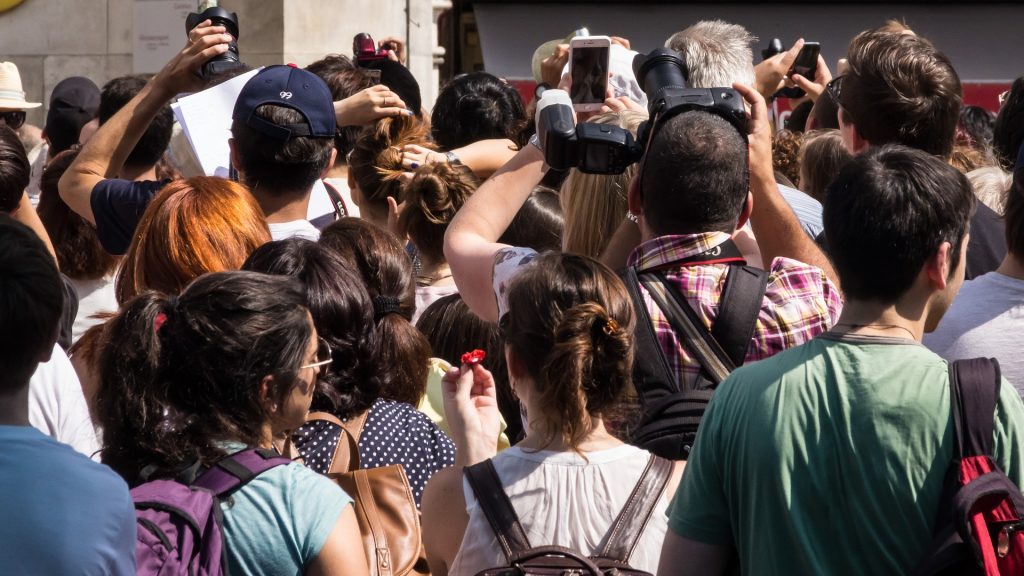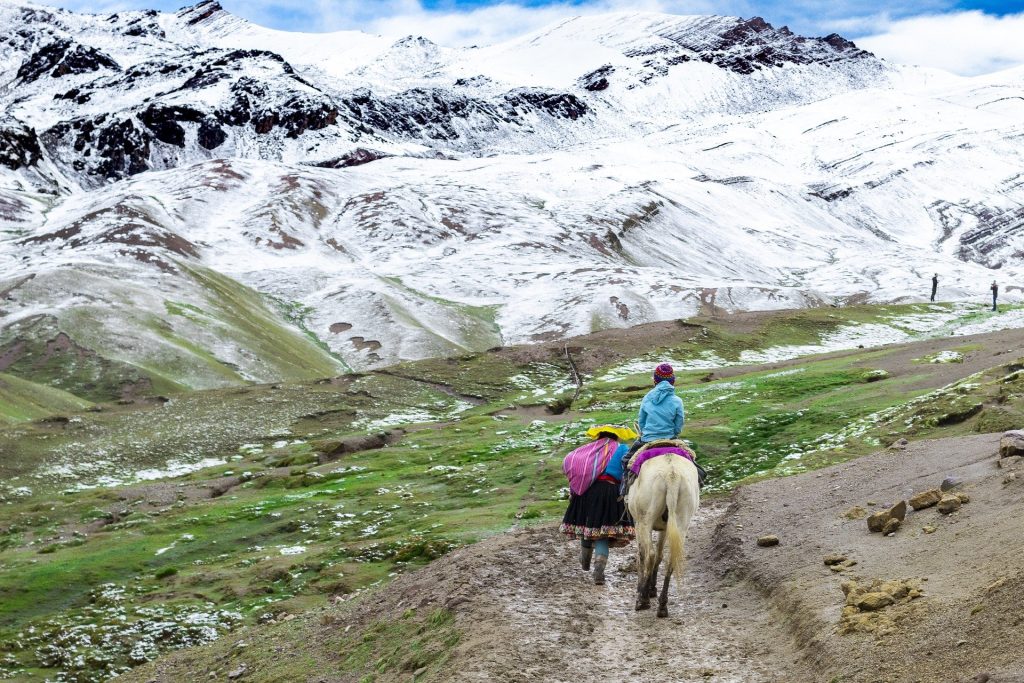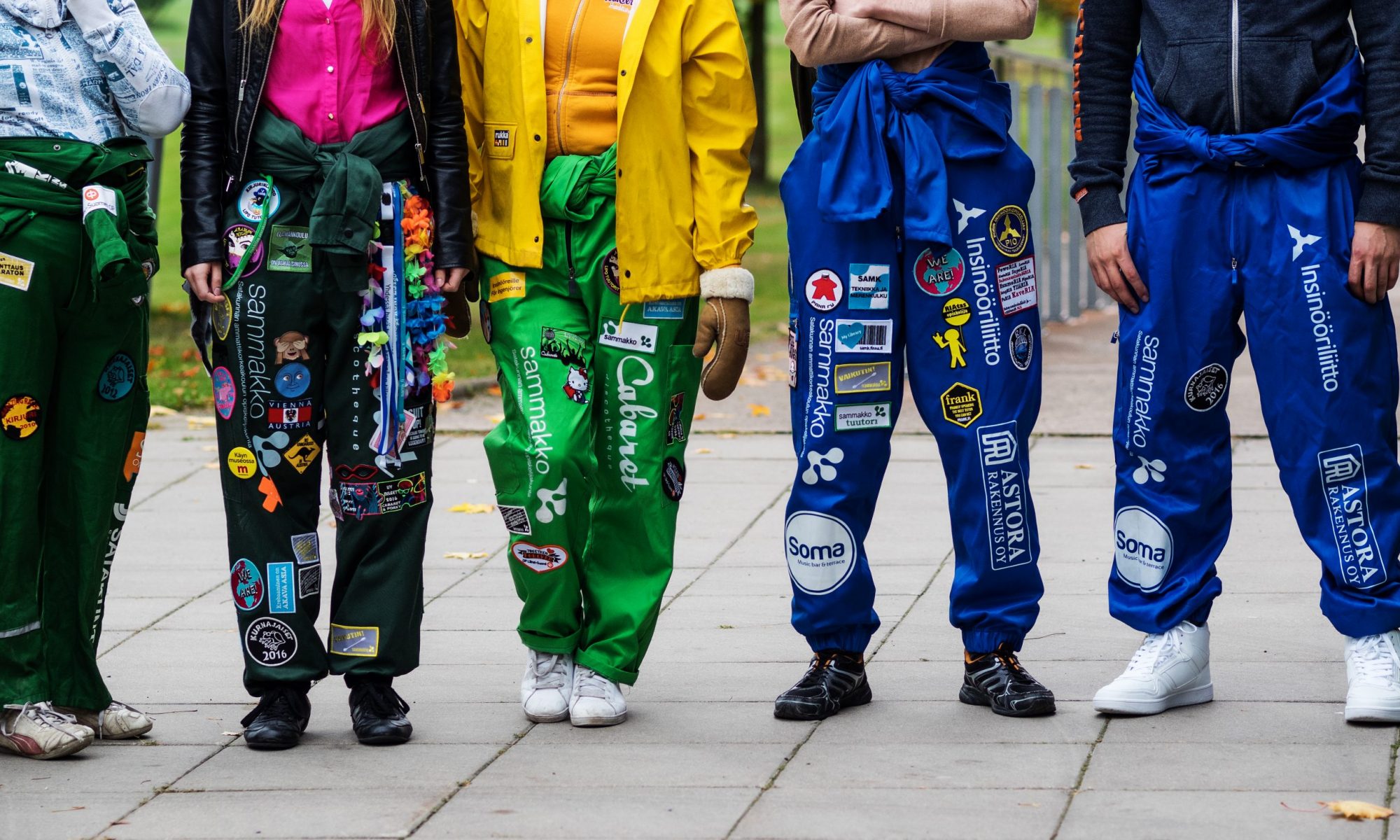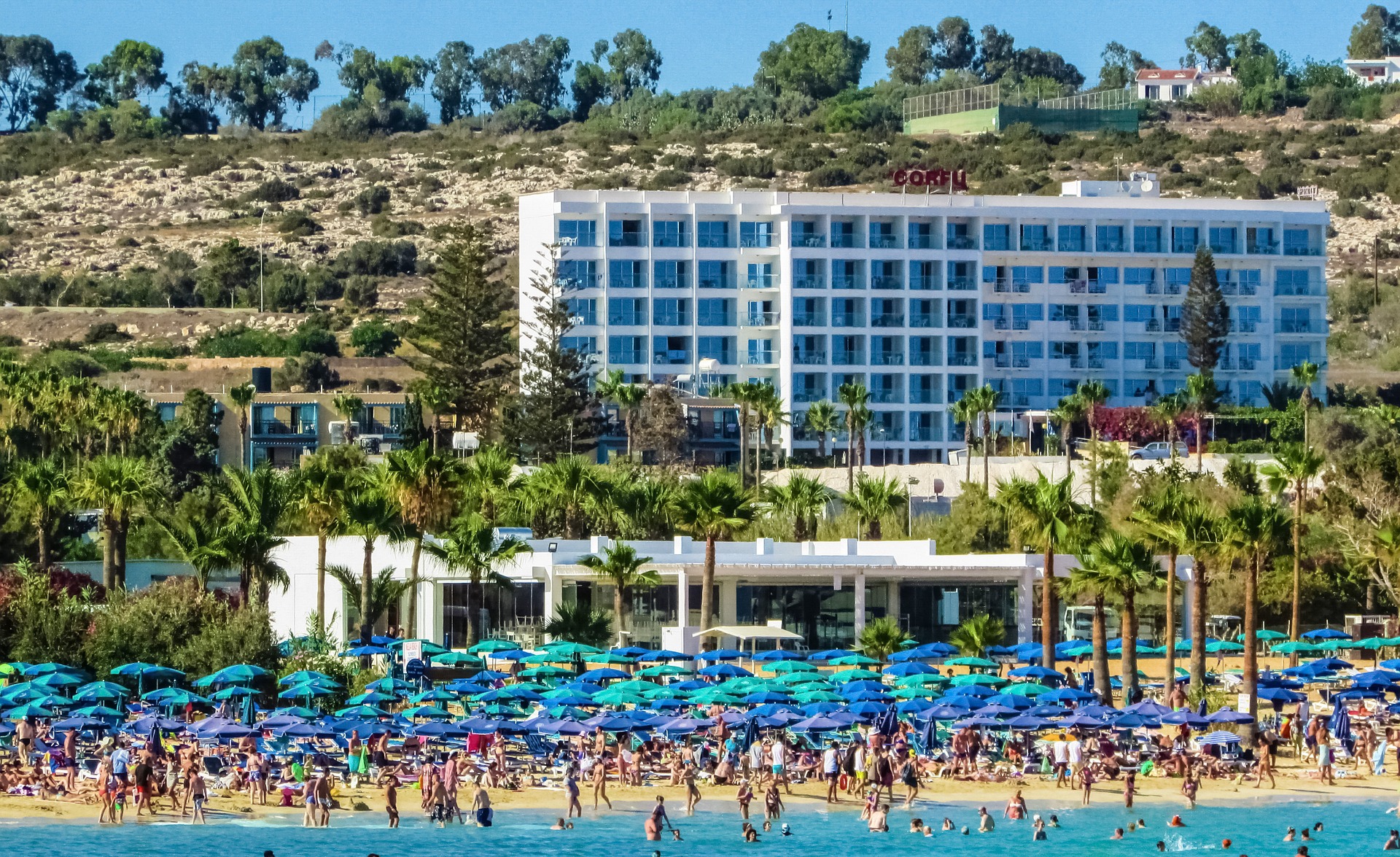Mass tourism is a phenomenon observed in many popular destinations and it has many negative consequences on the environment.
Mass tourism is when there is such a concentration of tourists in one place that there are social, economic or ecological consequences. Venice, Barcelona, Dubrovnik, for example, are cities particularly affected by mass tourism but there are also natural places like Komodo Island, Machu Picchu, or Maya Bay in Thailand. Several reasons attract tourists to these places such as famous monuments, popular beaches, famous sites due to film or series shootings…
What are the consequences of mass tourism?
Firstly, mass tourism can also have positive aspects. Indeed, tourism generates money for the local population and the country. Moreover, it can create new jobs. But unfortunately, the negative consequences are more numerous. The major problems caused by mass tourism are :
- A high production of CO2 caused by the very polluting transports such as planes or cruise ships. The transportation industry is a major contributor to climate change.
- A rise in rents in the cities and a lack of space for locals. In the most touristic places, hotels and vacation residences are not enough. To compensate for this lack of space, many accommodations are transformed into Airbnb or are rented to tourists, which does not leave much room for locals.
- The destruction of natural areas for the benefit of touristic infrastructures. The constructions destroy fauna and flora, which can lead to the extinction of certain species.

What are the solutions adopted by the destinations?
Some destinations are forced to take drastic measures to fight against mass tourism. Among these measures there are quotas, regulations, limited duration of visits, mandatory reservations, taxes for visitors or even temporary closure of certain places. Here are some examples:
- Santorini, a popular destination for cruise passengers, has imposed a cap of 8,000 visitors per day for cruise ships.
- In Amsterdam, Airbnb owners can only rent their property for 60 days a year and for a maximum of 4 people. This prevents too many party-goers in the party-heavy city but also prevents all properties from being owned by investors which leaves no room for locals.
- The island of Boracay in the Philippines has totally closed its access to tourists for 6 months to let the biodiversity regenerate and to make a big cleaning.
- The site of Machu Picchu in Peru also had to adopt many measures. From now on, you have to book a time slot to be able to visit it. The visit cannot last more than 4 hours and it is obligatory to be accompanied by an approved guide.

What are the solutions to travel more sustainably?
You can make your travel more sustainable by adopting small habits. Here are a few tips:
- Travel with sustainable transportation. Use public transportation such as trains or buses which have lower CO2 emissions. You can also opt for the bicycle.
- Avoid traveling in high season to avoid the big tourist flows. If possible, do not travel at the same time as families and regular vacationers. Traveling in low season is often cheaper and more sustainable.
- Opt for micro-adventures. As we have noticed during the Covid 19 pandemic, you don’t have to travel very far from home to experience things. Let yourself be surprised by the hidden places around you.
- Support the local economy by shopping at local businesses. Locals are often the ones who suffer the most from mass tourism, by going to local restaurants and stores, you support the locals financially.
Text: Camille De Borman, exchange student from Haute École Galilée University of Applied Sciences in Belgium
Pictures: Pixabay
Sources :
https://www.thestorytellersmtl.com/tourisme-de-masse-destinations-2020/
https://www.businessinsider.fr/ces-14-destinations-ont-du-prendre-des-mesures-face-au-tourisme-de-masse-138064#bloemenmarkt-amsterdam
https://www.lefigaro.fr/voyages/quotas-taxes-interdictions-les-mesures-de-12-
destinations-contre-le-surtourisme-20210731


